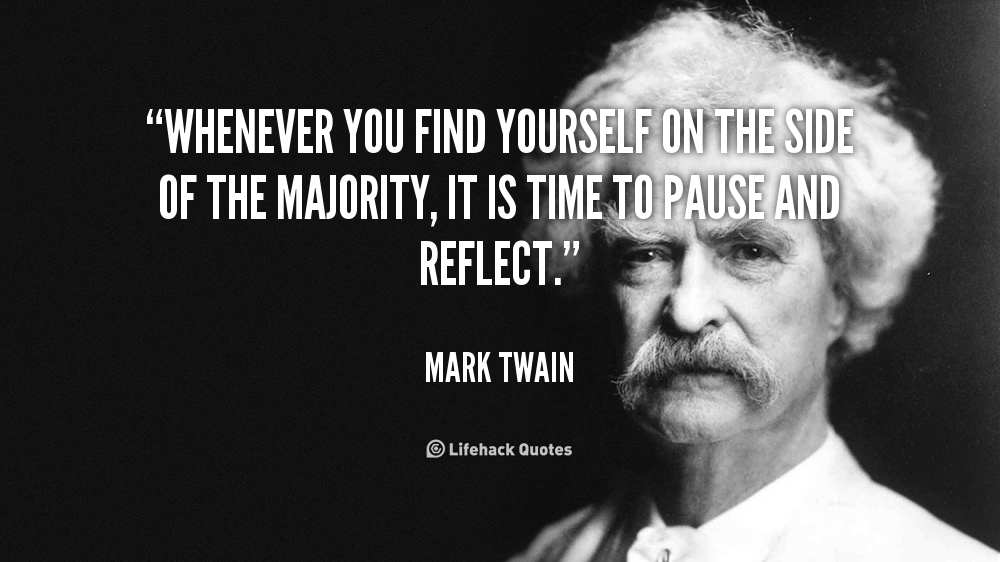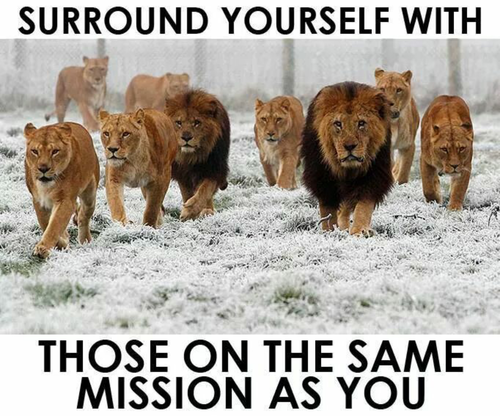Let me get the following off my chest: I think dip and chew are gross; I wear “tweener” baseball pants; I still believe in the sacrifice bunt; and I believe results are more important than the process. I know, I know, everyone is preaching the importance on focusing on the process. If you listen closely, those that emphasize results are being ridiculed for their approach. Before you ostracize me from the baseball community please consider the following:
- Are you sure your not focusing on results???? Focusing on quality at-bats (QAB) is the new buzzword for offenses. Metrics, like batting average, are largely out of the hitters control. The critics will say that batting average is too results based; that QAB’s allow the hitter to focus on the process. Here’s the question, if you are using the QAB metric are you posting the results? Are your players consistently asking if they are going to get credit for a QAB? Isn’t this focusing on results? I’m not here to argue the metric used; I’m not arrogant enough to claim I know the best measurement for offensive production. However, I am questioning whether or not we have simply switched the metric but are still focusing on the result.
- Respect the Mental Game but realize it’s just one component- In the fall of my senior year of college I read Harvey Dorfman’s “The Mental Game of Baseball.” It was an “ah ha” moment for me. Since then I have enjoyed Ken Ravizza’s work and Brian Cain’s information. I believe in the process, having prospective, and developing routines. I do, however, believe that this is just a tool to add to your toolbox. Fundamentals, athleticism, and skills still matter. If I am playing tackle football with 5th graders I’m pretty darn confident and mentally tough. Now, if I line-up for a pass and Darrelle Revis is across from me my confidence will be compromised. I can take a deep breath, visualize, bring energy, etc; however, I have strong feeling Mr. Revis will get the best of me regardless of my mental game. Respect the mental game and use it to your teaching advantage, but realize it is much, much easier to develop the mental game in big, strong, fast and skilled athletes.
- What’s wrong with competition? If you are like me, you’ve enjoyed watching the “Omaha Challenges” that most Division I programs just completed. The majority of these programs posted individual RESULTS and team RESULTS. I noticed there were rewards for the winners and sometimes punishment for the losers. I didn’t see any competitions that rewarded the process.
- The real world is about production- I have a friend who owns a successful business. One day we were discussing his sales team. I asked him, “what time does the day start and end for your staff.” His response, “they have a goal to hit. Some guys can hit their goal working less than others. It’s about RESULTS, not how many hours you put in.” Most business are not “try hard” focused; their focus is on production. In baseball, we tend to praise the “grinders” and “dirtbags.” Chances are if you got into coaching you were the grinder/dirtbag type. You loved the game and worked hard at it. Not everyone is like you. Some guys can just flat out hit, run, and play. They may not need to “grind” as much as others. And, to me, that is o.k.
Before you sentence me to selling insurance or coaching another sport please let me share with you my beliefs.
- I believe in developing short and long-term goals.
- I believe in developing plans and routines that maximize your chance of success.
- I believe in deliberate practice that centers around achieving your goals.
- I believe in self-reflection to clarify if what you are doing is getting you closer to your target.
- I believe self-reflection is extremely challenging for athletes (that’s where coaches can assist).
- I believe in coaching your club and players extremely hard.
- I believe failure is the best teacher.
- I believe winning and losing doesn’t define your self-worth.
- I believe you must guard against complacency amongst yourself and players daily.
- I believe results are more important than the process.
I just finished a book called “The Advantage” by Patrick Lencioni. The book focuses on the importance of organizational health. Lencioni is a huge proponent of building trust, conflict, commitment and accountability. With that being said, he also believes in results.
“One of the greatest challenges to team success is the inattention to results. Some people find this extreme emphasis on results to be a little cold and uninspiring. But there is no getting around the fact that the only measure of a great team-or a great organization- is whether it accomplishes what it sets out to accomplish. See, no matter how good a leadership team feels about itself, and how noble its mission may be, if the organization it leads rarely achieves its goals, then, by definition, it’s simply not a good team.”
I know very few of my baseball colleagues will agree with this post. Disagreement is good. If you see me on the field I’d love to discuss your thoughts. Just look for the guy chewing gum, rocking “tweener” pants, wearing old school sunglasses, and agonizing over results.
Be outstanding,
Mike
P.S. I’m working on a future post to help all new parents. If you have ever coached (youth, high school, college pro, etc) or taught on any level please send me one thing you would not do or say because of your experience working with kids.


